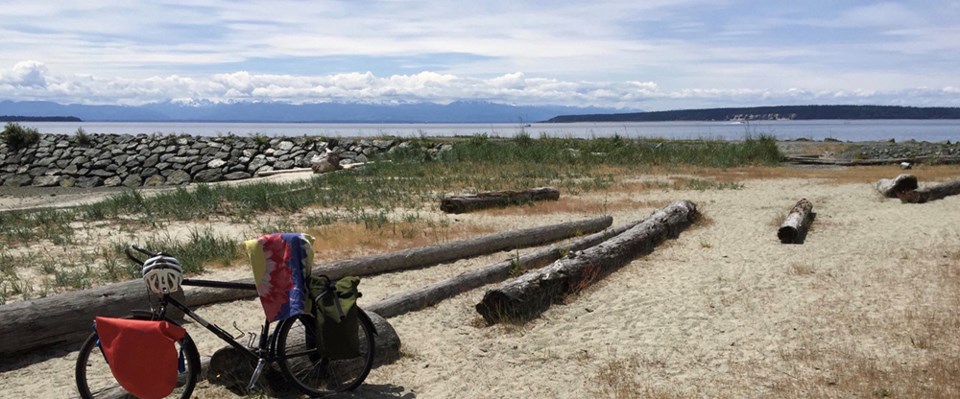There is no shortage of information these days on how we might live healthier lives. There is also a lot of competition for our attention, and we often hear unclear or conflicting information.
One of the few healthy habits nearly everyone can agree on is physical activity. We know moving our bodies is good for us and generally makes us feel better. Movement is medicine.
Physical activity has proven benefits for a huge variety of conditions. It can be used for both treatment and prevention in nearly every age group. The current Canadian activity guidelines recommend 150 minutes of moderate activity per week for adults (roughly 30 minutes of activity, five days per week). For children and youth, double that to at least 60 minutes per day.
While this may be ideal, we know that even short amounts of regular activity can have big impacts on our mental and physical health. Moderate activity means working hard enough to get your heart and breathing rates up a little. You can still talk, but you probably can’t sing.
While high intensity activity can be beneficial, the majority of benefit from exercise comes from more moderate activities such as walking, dancing, exercise classes, swimming or riding a bike. Lighter activities can also improve health. Every bit helps.
Here are a few tricks that might help sustain an activity plan, whatever that may be:
Start slow and work your way up over weeks and months, allowing your body to adjust. If you have side effects like injuries or pain, seek help; we can usually modify activities rather than stop altogether when we get hurt;
Try increasing your frequency of exercise (how often) before you increase your duration (how long). Increasing intensity comes last;
Be consistent and build routines: most days, most weeks, year-round;
Do it with a friend or family member, so that you are benefitting someone else, too.
In addition to helping you feel better, walking or biking for transportation (active transpiration) has other benefits. They reduce gas costs and carbon, while also completing a necessary task like getting to work or doing errands. Additionally, walking and biking increase our time outside, which is also known to improve health.
It does take some skill and fitness to ride, but it gets easier with practice. Electric bikes are an option for those who want to go further, faster, or with a little less effort.
Powell River and qathet are well-suited to active transportation because of the moderate weather and relatively limited distance between most destinations. If you haven’t tried the new connector trail between Powell River Recreation Complex and Brooks Secondary School, check it out; you’ll be amazed how fast you can get from Westview to Townsite under your own power.
For more information on riding safely, go to bccycling.ca and find the Bike Sense tab. If you do transport by bike, remember to follow traffic laws. Be safe. Stay active. Have fun. We hope to see you out there.
Chris Moorwood is a family doctor and member of qathet Regional Cycling Association.
Join the Peak's email list for the top headlines right in your inbox Monday to Friday.



